university, a thriving cultural scene
Université de Lorraine leads an ambitious cultural policy through region-wide initiatives, involving and supporting research professors, PhD students and other students. Its cultural strategy is aimed at:
- animating Université de Lorraine as a place of creation and distribution, innovation and cultural thinking, at the very heart of society.
- facilitating access to cultural practices of all kinds, for all staff and students, as well as across the community and local areas, with a view to:
- developing a critical mindset in a complex, uncertain world,
- contributing to a sense of fulfilment at work and while studying,
- helping forge links between education and research,
- ensuring our campuses are accessible places, so that everyone can find a cultural activity to their liking, find fulfilment and express their skills if they want to.
- championing Université de Lorraine as an innovative university, recognised for its cultural strategy and the sense of social responsibility that drives it, at local, regional and national levels alike
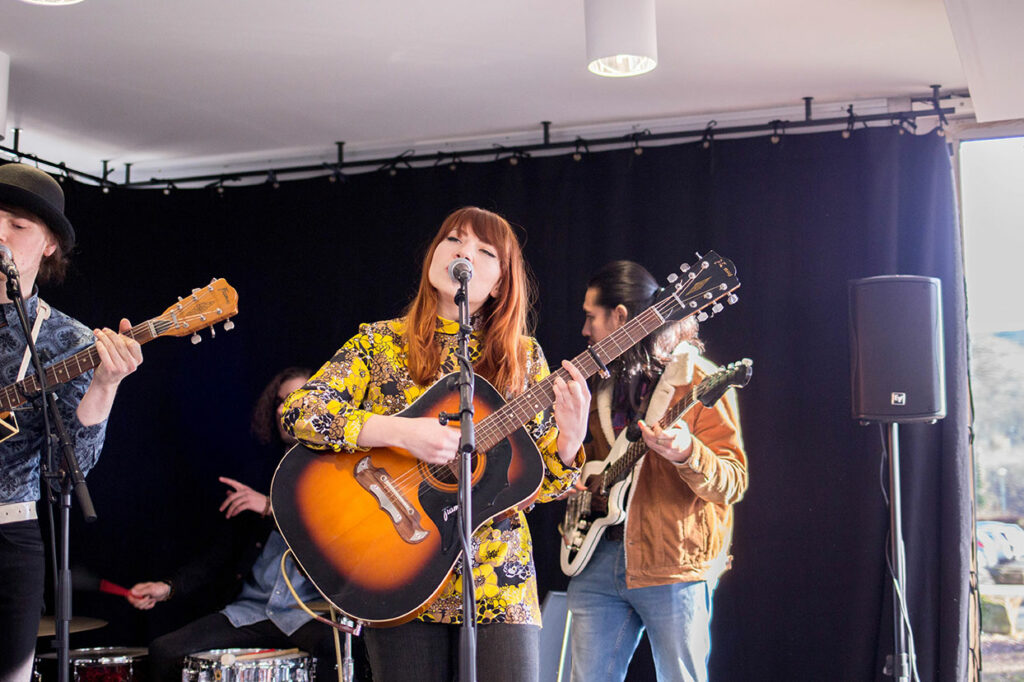
Dedicated venues at the heart of our campuses
Université de Lorraine organises cross-cutting events illustrating the myriad facets of its cultural strategy, at the intersection of disciplines and embedded in its community. Particularly supporting such activities are the following sites dedicated to the arts and culture:
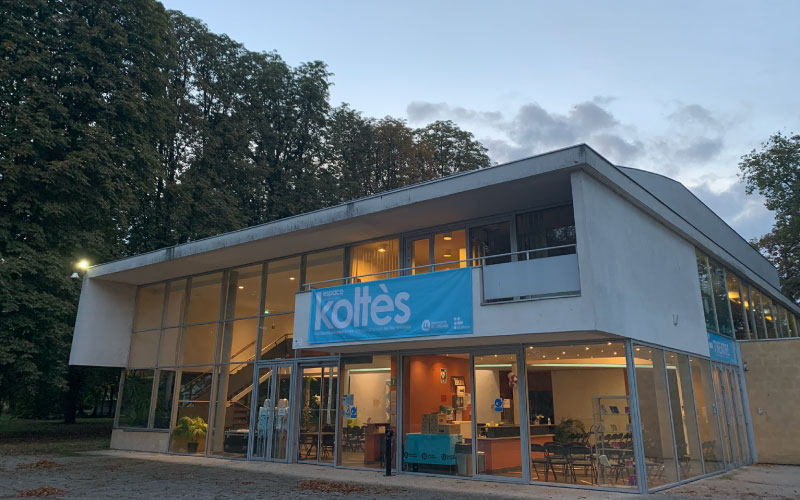
- Espace Bernard Marie Koltès – Metz: with artistic themes in connection with contemporary writing, this creative venue aspires to nurture increasingly relevant ties with the city and beyond, through actions that truly resonate in this context: training, development and reaching out to wider audiences, discovery of contemporary writing and creation particularly with young Lorraine-based companies.
- Le Préau (Maxéville INSPÉ) or Galerie 0 .15 // Essais Dynamiques (Saulcy), which are exhibition and arts centres with a close bearing on the courses taught on campus.
- Musée archéologique, on the Literature & Humanities Campus in Nancy
- Students’ Unions (MDEs), third places dedicated to student initiatives which put on an exciting cultural programme all year round
- The artistic and scientific culture teams organise engaging events where researchers, artists and the general public can come together, right across France’s Grand Est region, to spark curiosity and develop critical thinking. Headline events include:
- The JACES (Arts & Culture Days in Higher Education): the French Ministry of Higher Education has run this initiative since 2014, and UL wholeheartedly embraces each edition with some sixty events hosted over 3 days together with the University’s labs and faculties and other cultural partners (Opera houses, museums, etc.).
- Escales des Sciences is a specific initiative which organises touring exhibitions and portable tools on scientific themes. Led in partnership with Accustica in Reims and La Nef des Sciences in Mulhouse, this project is committed to engaging with the whole of the Grand Est region, bringing local stakeholders on board and scientific culture within reach of all citizens, no matter where they live.
- Ma thèse en 180 secondes is an international competition for French-speaking PhD students. It gives them an opportunity to present their thesis subject to the public in 3 minutes, in a clear and concise way.
organisation
Under the auspices of the University Life Council Pro-Vice-Chancellor, Laurence Canteri, Université de Lorraine’s cultural strategy is crafted and put into practice by:
- A culture committee
- The University Life and Culture Department (DVUC), headed up by Nicolas Beck



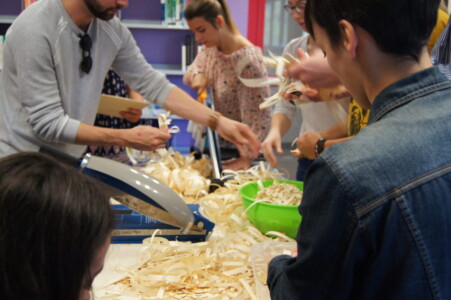
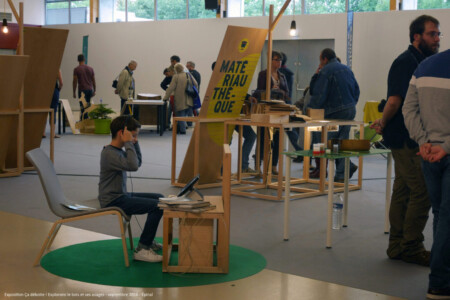
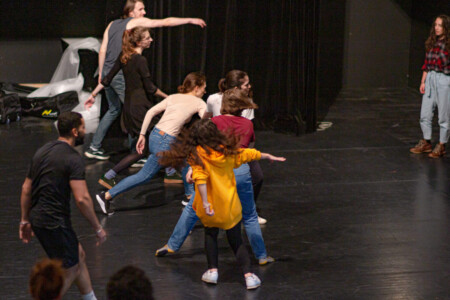
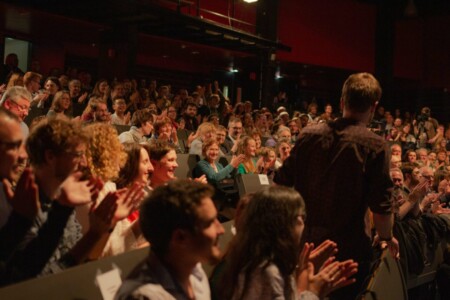











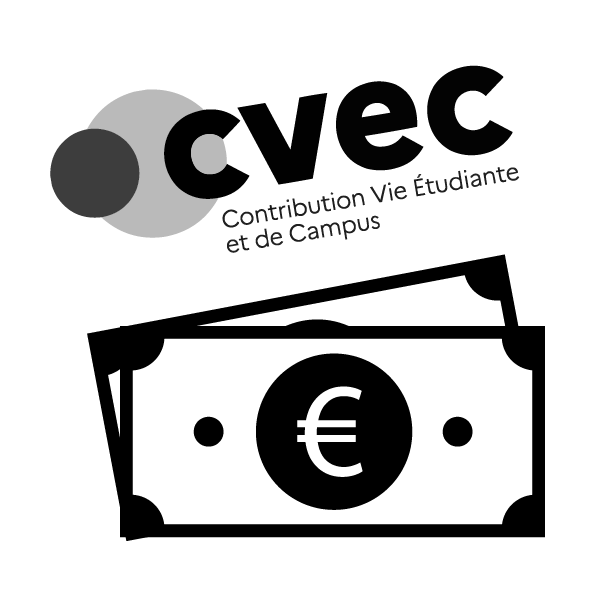











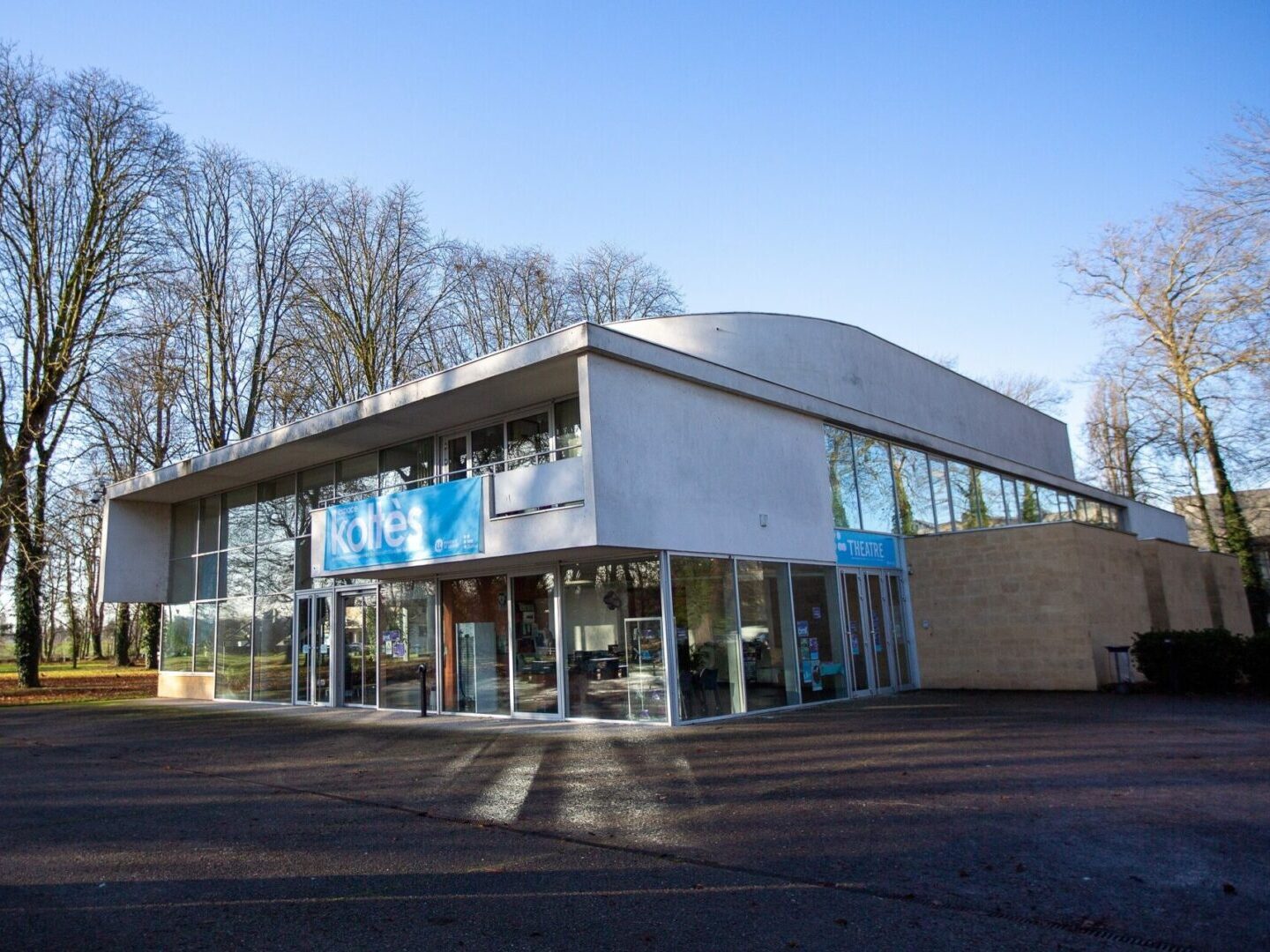


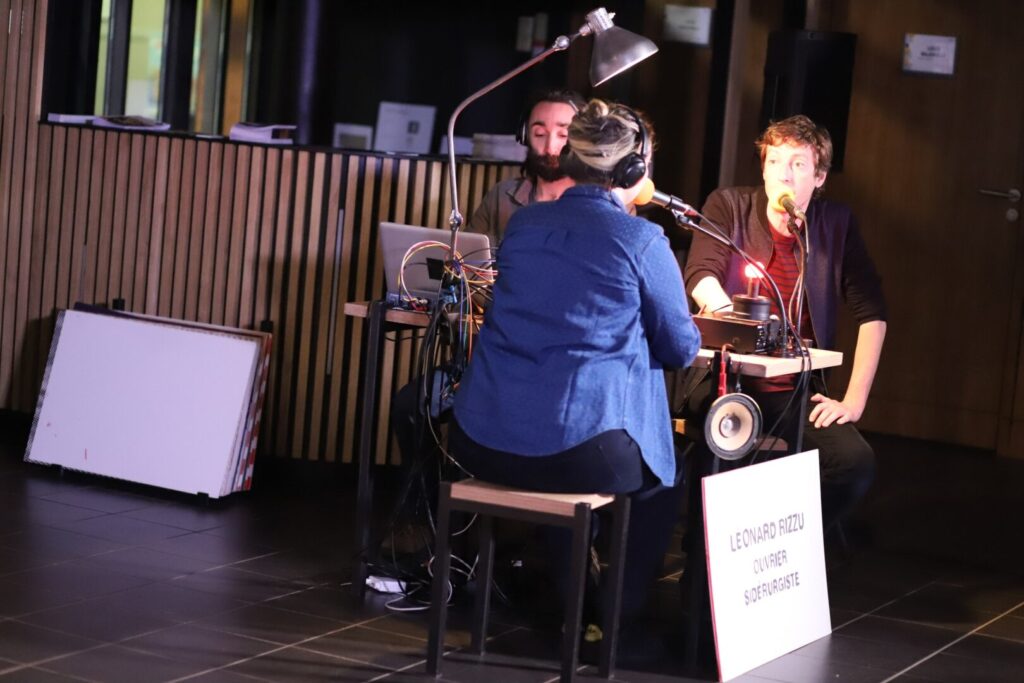










 Julien Vasseur est responsable d’une équipe de 30 personnes en charge des travaux neufs du domaine électrique ainsi que les essais avant mise en service.
Julien Vasseur est responsable d’une équipe de 30 personnes en charge des travaux neufs du domaine électrique ainsi que les essais avant mise en service. Noureddine Takorabet, Professeur des universités, enseigne à l’ENSEM. Il est, depuis 2018, directeur du GREEN, laboratoire de recherche de l’Université de Lorraine.
Noureddine Takorabet, Professeur des universités, enseigne à l’ENSEM. Il est, depuis 2018, directeur du GREEN, laboratoire de recherche de l’Université de Lorraine.